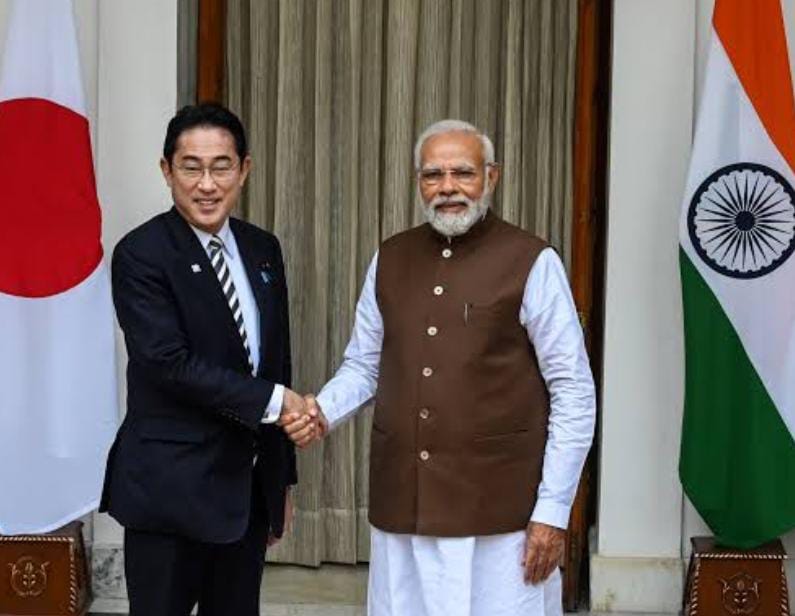
In a significant development highlighting the deepening bilateral ties between India and Japan, Prime Minister Narendra Modi and Japanese Prime Minister Fumio Kishida recently reaffirmed their commitment to expedite the ambitious Mumbai-Ahmedabad High-Speed Rail (MAHSR) project, commonly known as the bullet train project. Reportedly, the bullet train project has been delayed by 5 years. But, the Japanese authorities has ensured that the work on each sector has started and they are satisfied with the results.
The MAHSR project, which aims to connect Mumbai with Ahmedabad through a high-speed rail corridor, has been a cornerstone of India-Japan cooperation since its inception. Initially proposed during Japanese Prime Minister Fumio Kishida’s visit to India in 2015, the project symbolizes a paradigm shift in India’s infrastructure landscape, promising to revolutionize travel between two major economic hubs.
During their discussions, Prime Minister Modi and Prime Minister Suga emphasized the strategic importance of the bullet train project in enhancing connectivity, promoting economic growth, and fostering technological collaboration between the two nations. Japan’s advanced Shinkansen technology, renowned globally for its safety, speed, and efficiency, forms the backbone of this transformative initiative. According to the sources, Japan has targeted to invest 5 trillion yen in between the period of 2022-27.
The commitment to accelerate the project comes against the backdrop of several milestones already achieved, including land acquisition and preparatory surveys. Once completed, the bullet train corridor is expected to reduce travel time between Mumbai and Ahmedabad to approximately two hours, compared to the current seven to eight hours by conventional rail.
For India, it signifies a leap towards modernizing its transport infrastructure and boosting regional connectivity, crucial for sustaining economic growth and fostering urban development. Japan, on the other hand, sees the project as a flagship example of its technological prowess and a testament to its commitment to supporting India’s development ambitions.
As per the government, “the meeting provided an opportunity to review some of these ongoing works of cooperation.”
